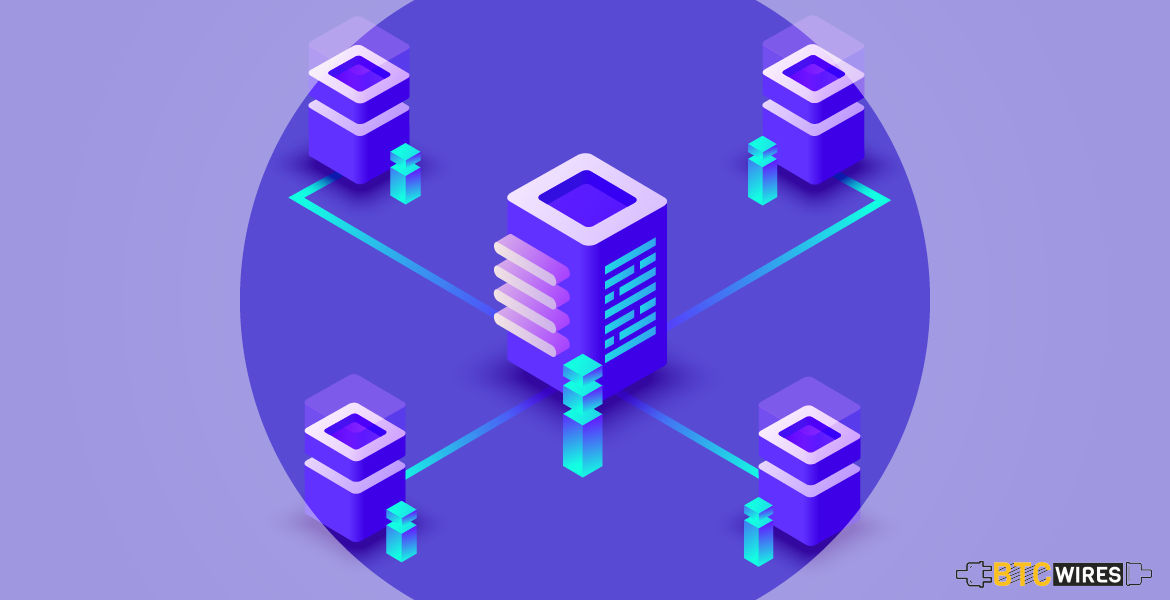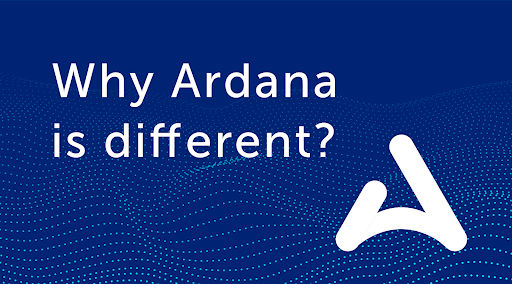Ardana, a next-generation decentralized stablecoin protocol built on Cardano, is

Ardana, a next-generation decentralized stablecoin protocol built on Cardano, is making massive moves in the DeFi (decentralized finance) realm. It’s creating an ecosystem made up of several main components that are the driving force of its operations. These integrations allow for seamless swapping, lending/borrowing, and trading, all within its vast financial hub.

The project’s vision is to bring the Forex market to the crypto industry, leveraging its multi-currency stablecoins to bridge the gap. Given that it’s running on Cardano’s Proof of Stake (PoS) blockchain, it can offer extremely scalable, secure, and eco-friendly solutions.
With its flagship products and features, Ardana boasts several key use cases that are poised to drive high adoption and implement new and improved DeFi mechanisms on the Cardano blockchain.
Trade & Swap Truly Pegged Stablecoins
The Ardana stablecoin ecosystem is like no other, offering a wide variety of choices that can be utilized seamlessly across its platform. It currently supplies users with international stablecoins, such as dUSD, dEUR, and dGBP, making it easy to trade with tokens that track the underlying value of your favorite fiat currency.
The primary stablecoin is dUSD, a decentralized, on-chain stablecoin pegged to the US Dollar. Ardana users can mint, pay with, transfer, and receive dUSD on Cardano’s blockchain, making it fast and cheap to facilitate transactions.
Ardana’s stablecoin ecosystem is the heart of its platform, and the interchangeability and stability of these assets provide very valuable utility, especially when paired with Cardano’s advanced blockchain features and efficiencies.
Lending & Borrowing with Ease
Decentralized lending represents another core component of the Ardana protocol. dUSD is fully backed by collateralized assets, deposited and locked-in by users on the platform. These collateralized assets can be tokens, like ADA (the main Cardano native asset), making it more secure and reliable than other stablecoin providers.
The collateral that’s put down is required to be greater than the loan amount. This over-collateralization helps maintain the value of dUSD and once the stablecoin load is paid back to the lender, the amount sitting in collateral is returned back to the borrower.
But why is this useful? Users no longer need to liquidate their collateral assets. Any Cardano native asset supported on Ardana can be deposited into the protocol’s vault, where users can earn a percentage in return. Ultimately, by providing collateral, users get a portion of the total amount back in the form of a newly minted dUSD loan.
Seamless Decentralized Trading
The DanaSwap DEX (decentralized exchange) allows trading and swapping across stable multi-asset pools, providing extremely low slippage and fast speeds, all at a low cost. In fact, Danaswap is capable of producing efficiencies of up to 100 times that of your average DEX.
Stablecoins can be swapped with wrapped tokens, and liquidity providers can deposit their stablecoins to earn high yields in the form of market-making fees. As is the norm, these yields are relative to their overall share.
Users can also mint stablecoins and trade them on the DEX, allowing for a fully functioning and high-speed on-chain Forex market in your back pocket. The stable liquidity pools on the protocol containing these pegged assets facilitate these trades.
Staking & Governance
The native DANA token helps power and support the underlying network, serving a variety of uses for its holders.
For one, token holders can stake DANA in order to generate yield and earn passive income in the form of ADA, Cardano’s native token. Additionally, users who own the token are given governance rights in the form of voting, where they can help influence project initiatives and future development.
The various benefits and mechanisms the DANA token provides incentivize users to continue to hold and support the network by providing liquidity to the pools to create a stronger and more robust ecosystem as a whole.
Conclusion
Ardana’s compelling use cases stem not only from its innovative stablecoin ecosystem and accompanying trading and lending solutions but also because it leverages the Cardano blockchain’s raw efficiency.
It offers a comprehensive one-stop-shop where stablecoins and utility tokens alike can be used in tandem to offer a wide variety of enticing DeFi incentives. Users cannot only benefit from reduced price fluctuation risk from the pegged stablecoins, but also have the abiity to earn high yields and rewards.
